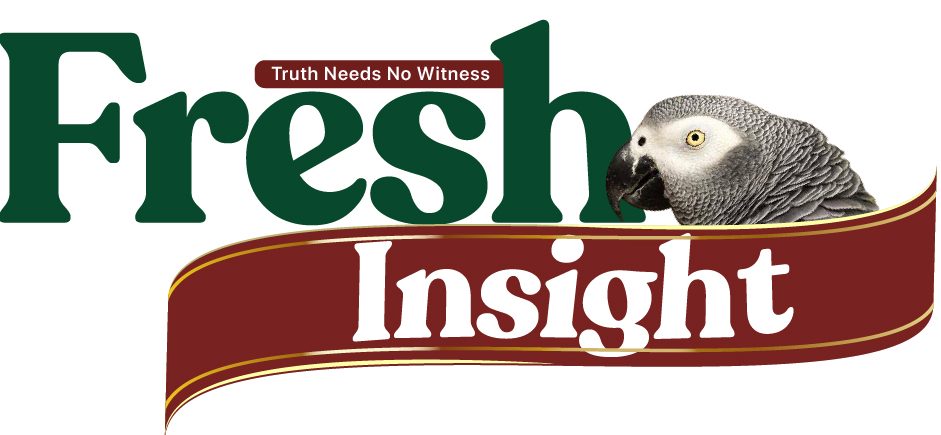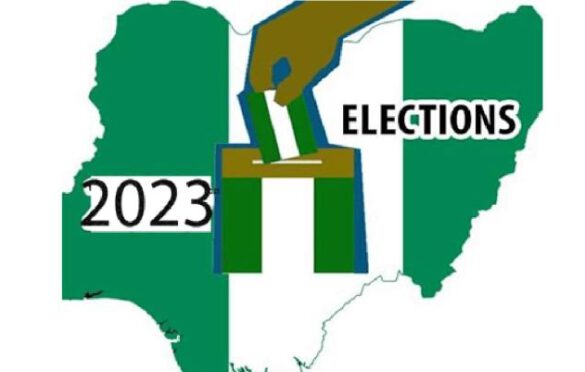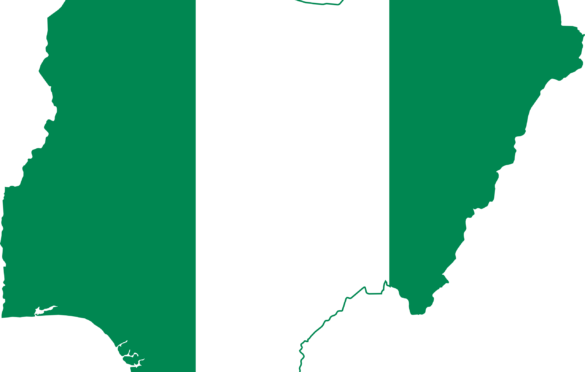Adebayo Abubakar
Economics has been argued and empirically proven to be a Science. Therefore, its laws are always predictable, whenever and wherever it is applied.
The Nigerian economy, has however, made mess of the above propositions.
Let us take for instance, the crude oil economy; Nigeria exports crude oil and imports refined products like diesel, petrol, Kerosine and the likes, for domestic consumption. As a result of this that, those who manage our affairs tell us that, the amount, the refined products like petrol, for instance, are sold at the pump, is going to be a function of, how much crude oil is sold at the global market.
The Pipelines and Products Marketing Company (PPMC), some time in September, adjusted the ex-depot price of petrol from ₦138.62 to ₦147.67.
The increase was defended by the Minister of State for Petroleum, Timipre Sylva, who said that the current price reflects the global crude oil price.
Where the macroeconomic abracadabra (the more you see, the less you understand) kicks-in is that, the price has remained static in Nigeria, despite the daily fluctuations of the price of crude in the global market.
Crude is around $40 per barrel, yet we buy a liter of petrol for, between ₦165 and ₦170.
The crux of this piece,however, is not about the issue of oil prices and its derivatives, but on Rail transport, and the recent pronouncement by the Minister for Transportation, Rotimi Amaechi, on the rates to be charged per trip, for different classes of passengers.
The Federal Government, over the past four years, has borrowed heavily, for investment in the country’s dilapidated railways across the nation, as well as, for widening the coverage.
It started with modernising the existing ones, first among which is, Lagos-Ibadan standard guage.
Reports have it that, as much as $1 billion loan, on two separate occasions was taken from “The Exim Bank of China”, with a seven-year moratorium, and invested in the Lagos-Ibadan, and Abuja-Kaduna rail lines.
According to the Debt Management Office, DMO, as much as $250 million has been paid back, both out of the Principal sum and on interest.
More, according to the minister, like Calabar-Lagos, Warri-Itakpe, as well as Port Harcourt-Maiduguri lines are also in the offing.
Why this heavy investments/borrowings?
We were told that, it is to reverse the infrastructural deficit, inherited from the previous administrations; and that, it will boost economic activities across the nation, considering how strategic, a robust railway transport network is, to socio-economic development of a nation; what with, its cheapness as a means of transporting bulky items.
It is not a contestable issue that, rail transport remains the cheapest means of transporting cargoes and passengers, over long long distance. Therefore the promoters of the policy did not have to do much explaining, before Nigerians bought into the argument.
The Minister has had additional spring under his foot, courtesy of the achievement recorded in that subsector, especially, with the completion of the Lagos-Ibadan standard guage, in record time.
However, many Nigerians were shocked beyond comprehension, when the Minister, on Friday announced at
the inauguration of the Governing Council of the Chartered Institute of Transport Administration of Nigeria, CIOTA, in Abuja, that, the Federal Government has approved charges on the new Lagos-Ibadan rail standard gauge which would begin operations by January 2021.
He said, they charge ₦3,000 per economy seat, ₦5,000 for business class, and ₦6,000 for first class, on Kaduna-Abuja, and that, the same is applicable to Lagos to Ibadan.
Bearing in mind, the fact that, rail transport across the world, is the cheapest means of transporting goods and passengers, and that, by car or bus, Lagos-Ibadan route goes for between ₦1000 and ₦1,500, one should be pardoned for expecting that the same journey by train, should be between, ₦700 and ₦1000. But this is Nigeria; a country which economy defies every known logic.
If Lagos-Ibadan, by train, turns out to be more expensive than, by bus or cab, what then, have Nigerians gain, still having to pay back a humongous amount of debts that brought about the development?
Surely, Nigeria economy and economic indices are not the best of friends, with logic.





